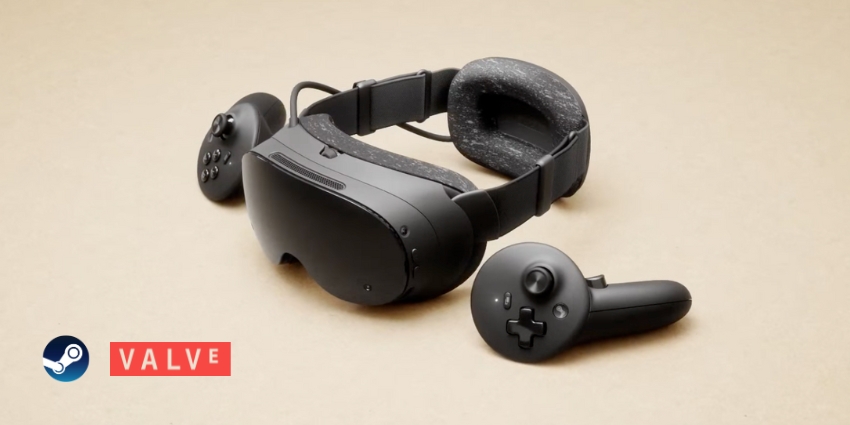Disguise has been given £1.2 million in funding to support innovative marketing and advertising technologies via the MAX-R alliance, which includes the major UK TV broadcaster BBC.
- Snapchat Adds New AR and ML Tools for Advertising
- What is Out-of-Home (OOH) advertising? The Next Step in Marketing
- XR Advertising Case Study in Focus: VIVE and Rinnai America
The award-winning immersive experience company, Disguise, is working to streamline productions and reduce costs and license requirements for filmmakers, live events experts, broadcaster, and more.
As a result, this will enable more mid-to-low budget productions to be created using XR technology for ads, marketing, corporate presentations, and shorts.
Abi Bowman, Disguise’s Chief Collaboration Officer, commented on the latest MAX-R tools:
“MAX-R will offer exciting new opportunities to broaden the way creators and audiences craft, present and interact with digital realities.
“By offering an array of tools to streamline existing ways of working or facilitate exciting new ones, we’re making sure that the next generation of content creators have the tools they need to make the virtual world look and feel as real as the physical one.”
MAX-R Technology Developments
Besides the BBC, other members of the MAX-R alliance are Disguise, ARRI, Improbably, Brainstorm, Foundry, FilmLight, University of Hasselt, Universitat Pompeu Fabra, CREW, and FilmAkademie Baden-Wurtumberg.
New developments coming out of this technological alliance include RSConnect, Depth Reprojection, OCIO, Reimaging 2.0, and Porta.
RSConnect integrates live events with metaverse platforms and more through an innovative protocol that lets you transfer audio, visual media, and metadata from the Disguise Designer software into third-party systems.
Depth Reprojection enhances cinematography with greater depth estimations on virtual production sets, which leads to more lifelike 3D backgrounds, despite changes in camera perspectives.
OCIO allows users to define their colour spaces on virtual production sets to make it easier to get shots into visual effects pipelines.
Reimaging 2.0 helps to slash downtime while configuring media servers. Results of Reimaging 2.0 so far are demonstrating an 83 percent to 84 percent decrease in time needed for 10-server banks to be reimaged, easing setups for large productions and allowing teams to return to work quicker than before.
Finally, Porta improves the level of control that is available to on-set operators with experimental transitions, scheduling, and content manipulation options.
Earlier this month, Disguise published an article outlining the state of virtual production and its place within the industry: “With breakthrough advancements in usability, speed, and affordability, virtual production has now reached a whole new level of maturation.
“At Disguise, we’re proud to play a leading role in shaping this technology, unlocking the next level of production for a new generation of creators.
“From developing the first in-camera VFX on Star Wars: Solo to powering over 400 VP studios globally, Disguise is dedicated to delivering the most advanced tools for producing groundbreaking content for virtual production.
“We are now entering a second phase of Virtual Production where the improvements in usability, flexibility, speed, power and cost are genuinely transformational. We call it Virtual Production 2.0.”
In 2022, Disguise bought out broadcast data and content platform Polygon Labs, media reported on Monday.
Polygon Labs has designed real-time 3D (RT3D) graphics and other visualisations in the cloud for numerous key events such as the US Elections, the Olympic Games, and FIFA World Cup football tournament.







